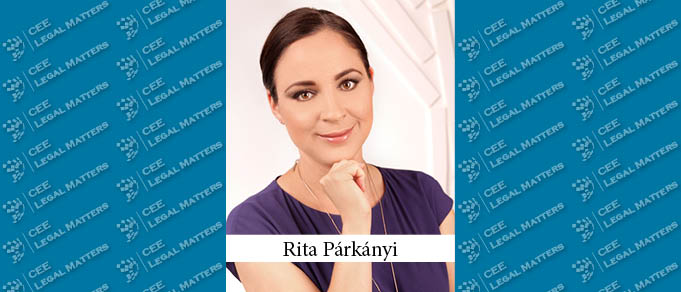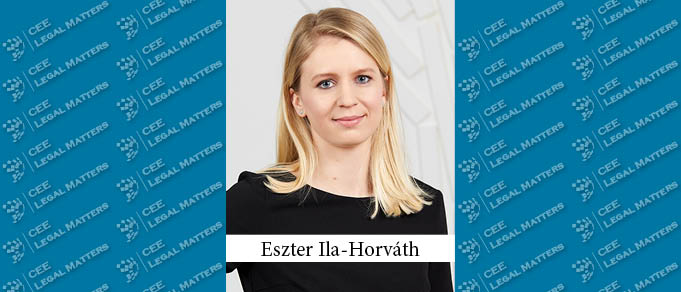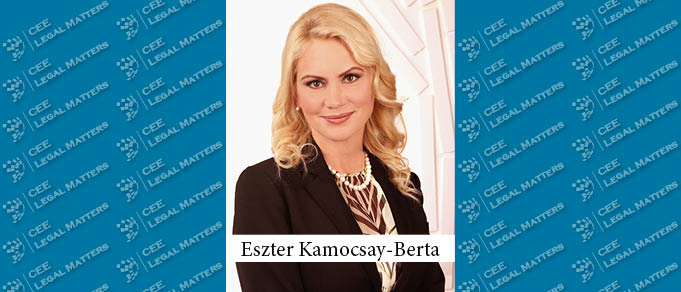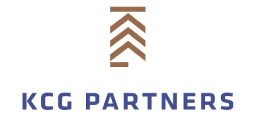In Hungary, a legal entity can separate into multiple legal entities through division or spin-off. In the case of a spin-off, the original legal entity continues to exist, and a portion of its assets is transferred to the newly formed legal entity as its successor.
Green Light for Wind Power Projects in Hungary
In December 2023, the Hungarian Government significantly eased the regulatory conditions for the establishment of wind turbine projects in Hungary in order to comply with EU requirements and enhance the utilization of green energy.
Employment Administration Speeds Up, Employment Certificate Is Introduced
We are witnessing an important advancement in the field of employment administration in Hungary. Starting from 1 January 2024, the Act on the Promotion of Employment and Unemployment Benefits was amended, introducing the obligation for employers to issue an employment certificate following the termination of employment.
Pre-Emption Right for the Hungarian State in Case of Solar Power Investments
As of 13 January 2024, a new government decree amends the provisions of the clearance procedure of the Government Decree on certain foreign direct investments (“FDI”). The amendment grants the Hungarian State a right of first refusal in respect of acquisitions of strategic companies whose main or additional registered activity is electricity production and pursue solar power plant-related activity that are to be acquired by foreign investors.
E-VAT System Goes Online in Hungary
The digitalisation of the Hungarian tax system has reached another important milestone: after lengthy preparatory work (and a few setbacks), the e-VAT system was launched on 1 January 2024, on a voluntary basis, for now.
New Act on the Entry and Residence of Third-Country Nationals in Hungary
The Hungarian Parliament adopted a new act on the rules of the entry and residence of third-country nationals on 12 December 2023.
US Double Taxation at Gate
In the summer 2022, the United States unilaterally terminated the US-Hungary double tax treaty with Hungary.
Digital Citizenship Programme to be Launched Between July and September 2024
At the II National Regulators Conference it was announced that the Digital Citizenship programme to be launched between July and September 2024 and the necessary legislation to be submitted to the Parliament in November 2023. With this step the Hungarian Government follows the trend, where citizens are dealing at an increasing rate with administrative cases on their mobile phones.
The New Hungarian Architecture Act Arrives
There is a bill on the new Hungarian Architecture Act, which would replace the acts on Engineers and Professional Chambers, on the Shaping and Protection of the Built Environment and on the Protection of Townscape, and will consolidate their provisions in a modernised and clear code.
Hungary is to Ratify the Modernization of Personal Data Processing Convention
On 19 October 2023, Ambassador Harry Alex Rusz, Permanent Representative of Hungary to the Council of Europe deposited the instrument of ratification of the Amending Protocol to the Convention for the Protection of Individuals with regard to the Processing of Personal Data.
The Act on Public Construction Investments Entered into Force and a New Act to Simplify the Operation of the State
On 19 July 2023, the Constitutional Court established that certain provisions of the act on public construction investments are unconstitutional, therefore, it could not enter into force as planned on 1 August 2023.
News from This Year's Permanent Consultation Forum of the Private Sector and the Government
Negotiations on next year's wages started at the beginning of October 2023, with stakeholders - employers and trade unions representing workers - and the government as an observer taking part in the wage negotiations, which can last several weeks.
Legislative Proposal on National Data Assets
A legislative proposal has been submitted in November 2023 on the system of utilization of national data assets. The primary objective of the proposal is to ensure the applicability of the data governance regulation in Hungary and to make the existing laws on secondary usage of the national data assets coherent in a regulatory environment. The scope of the proposal covers services related to the use of data processed by public authorities, the performance of other related public tasks and data collection and analysis in support of government decision-making.
New Bill on the Entry and Residence of Third-Country Nationals in Hungary
On 14 November 2023, the Hungarian Government presented a new bill on the entry and residence of third-country nationals in Hungary.
Hungary Takes Next Step Towards Introduction of Global Minimum Tax
The Hungarian Ministry of Finance published its draft legislation for the implementation of the global minimum tax rules in Hungary for public consultation in October 2023. The package also contained some limited reasoning and impact assessment and stakeholders had one week to comment on the proposal.
Mandatory Deposit Refund System starts in Hungary in 2024
Mandatory Deposit Refund System (DSR) comes into effect as of 1 January 2024 in Hungary. The newly introduced legislation clarifies the key points of the system and the specific obligation of the parties concerned.
Changes in the Payment Order Procedure
The rules on the order for payment order procedure have changed significantly as of 1 October 2023. Many of the changes are related to the simplification and digitalisation of the procedure.
The Law on Personal Income Tax May Change in Hungary
Presently, a legislative proposal has been placed on the agenda, focusing on measures aimed at streamlining governmental operations. This comprehensive proposal encompasses various modifications, one of which pertains to an amendment to the personal income tax act (“PIT Act”).












